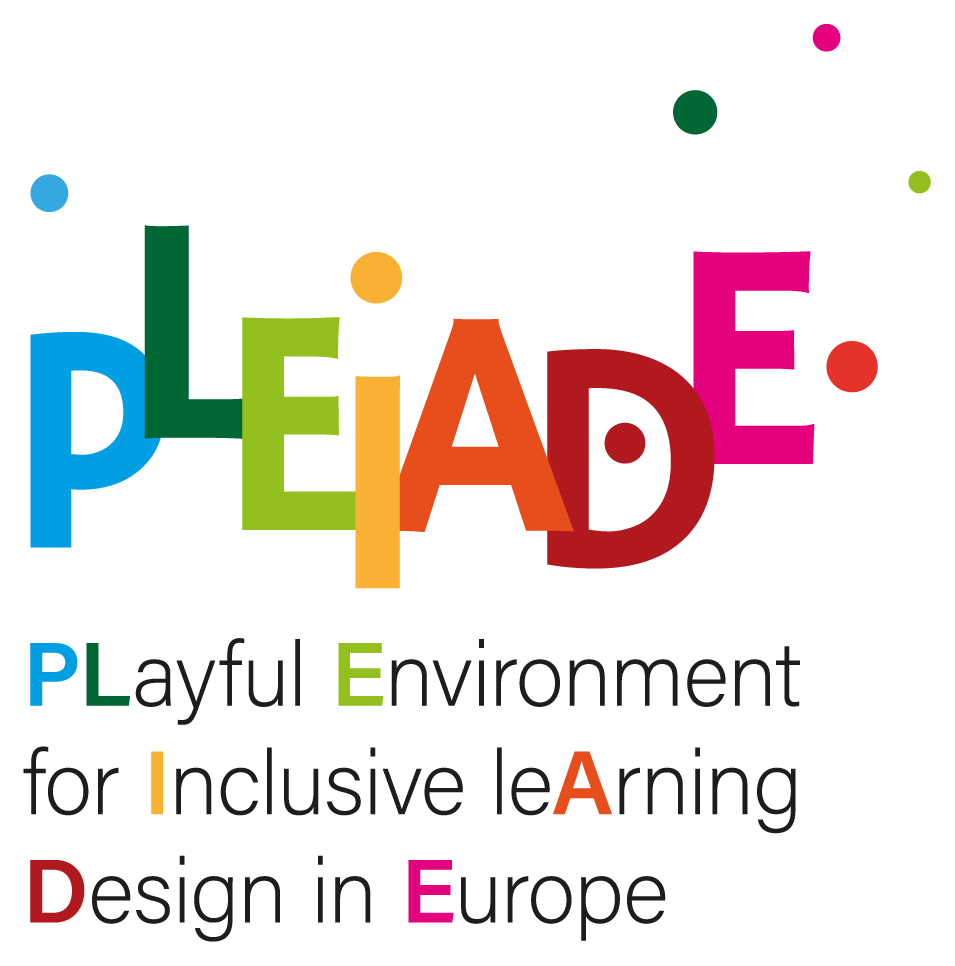Social Inclusion
Inclusive education is the core mission of the PLayful Environment for Inclusive leArning Design in Europe (PLEIADE) project, which treats this vital issue not as a problem urging stop-gap measures but as a positive opportunity for innovation and early intervention.
The project is in response to growing diversity in learner populations, and as such addresses educational inclusion first and foremost in terms of cultural and socio-economic diversity. It seeks to enhance classroom inclusion and cohesion by building teachers’ capacity to design and implement inclusion-oriented learning interventions, featuring flexible learning paths that cater for learner diversity. To do so, PLEIADE hinges on collaborative learning to foster better academic, social and cultural understanding.
Underpinning this strategy are (a) innovative methods and tools drawn from the fields of learning design and technology enhanced collaborative learning, and (b) blended Teacher Professional Development (TPD), both enhanced with teacher-appropriate gamification. The collaborative classroom activities inspired and supported by PLEIADE will encourage learners of all cultural backgrounds to engage with - and help - each other in pursuit of learning goals, and in doing so gain stronger socio-cultural understanding, shared values, and cohesion. Research on inclusive education shows that this bring benefits to all learners, but especially to those in high-need schools, where the learner population is diversifying rapidly. Current migration flows are intensifying this diversity and divergence in school populations throughout Europe, an effect strongly felt in PLEIADE’s testing grounds.
